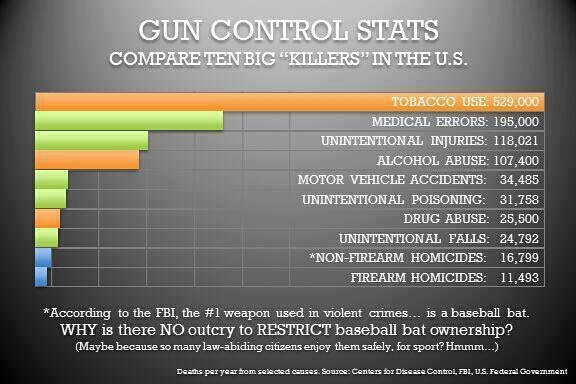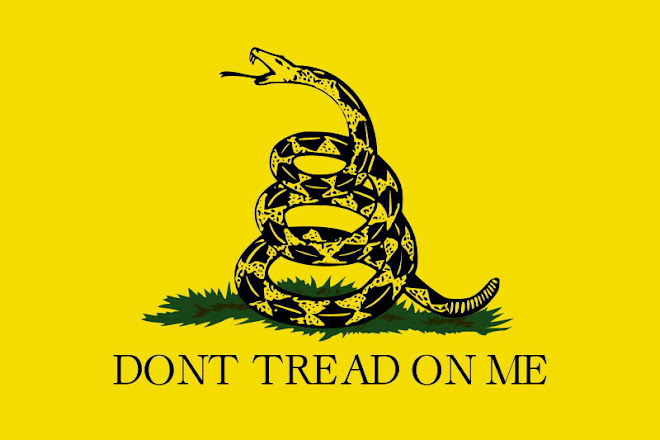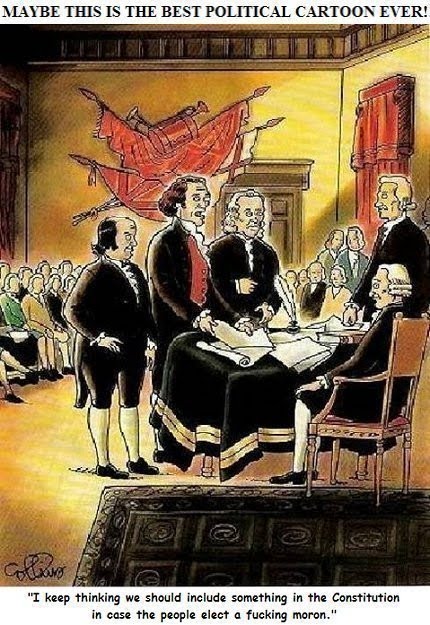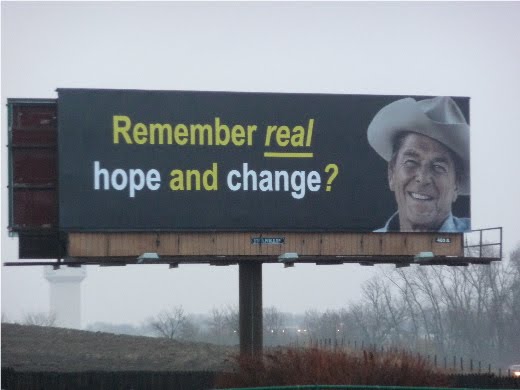The John Doe and the Dead Tree
Published: 6:00 AM April 24, 2015
ball of generic newspapers with the word NEWS visible Image by Andrei Barbue
You'd think that much has been written locally - and in the Journal Sentinel - about the John Doe proceeding. In a sense, you'd be right. But, in another equally important sense, you'd be wrong. The legacy media's utter indifference to the profound implications for both freedom of speech and the way in which politics will be waged in the future is staggering.
We can debate the finer points of campaign finance law. Can coordinated issue advocacy be constitutionally treated as a campaign contribution? Even if it can, does Wisconsin law do so in a constitutionally acceptable manner? Does it do it all? And, even if it does, can the conduct investigated by the prosecutors reasonably be claimed to constitute coordination?
But a few things are clear. What the Doe prosecutors are trying is extremely aggressive and highly controversial. Even if you don't think, as I do, their position is beyond the pale, it is on the outer reaches of what can reasonably be supported by state statutes and the Constitution. But even more troubling, they have decided to advance tenuous theories in the most aggressive way imaginable. They have not sought civil forfeitures, they have gone directly to DefCon 1 - criminal prosecution.
They have done so in a way that seems calculated to deter at least as much political speech as possible. They have invoked the mysterious John Doe process and attempted to gag their targets. As a result, no one who wishes to participate in the political process can really know what they think is illegal and how their conduct might lead to the same treatment. They have used strong arm police tactics - the type normally deployed against organized crime and drug dealers - that are certain to draw attention and strike fear in the hearts of activists who wonder if they might be next.
And all of this has been done at the instigation of partisans of one party who have directed a long running and enormously expensive investigation exclusively at their principal political opponent. (And, no, there is no evidence that any Republican prosecutor has had anything other than perfunctory involvement in any of this.)
It is not necessary to question the motivation of prosecutors to be troubled by this. Even if their sin was bad judgment and not bad intent, the impact on free speech is disturbing. And even if they didn't regard themselves as engaged in political warfare, you can be sure that what goes round will eventually come around. Democrats who cheer secret investigations into the other side's speech and associational activities and are heartened by leaks that place their political opponents in a bad light can be certain that, if the Doe stands, they will eventually be hoisted on their own petard. I'm not advocating that his happen (quite the opposite), but I am recognizing that one side's tactics, if successful, will always be emulated by their opponents.
You'd think that legacy journalists would love the First Amendment. No matter what the merits of a campaign finance case or how highly they might regard any particular prosecutor, you'd think that they would see the problematic nature of this type of behavior.
But that hasn't happened. Part of the problem, I think, is that the mainstream media has traditionally believed that it is not like you or me. It believes that as "the press" it has enhanced First Amendment rights as if the Constitution protected institutions and not actions. This was always wrong. Those who own broadcasting license or who used to buy ink by the barrel (you don't need as much these days) have no greater right to expression than the hoi polloi.
But, in an era in which the barriers to becoming "media" are almost nonexistent, it is an incoherent distinction. It is increasingly impossible to know who "the media" is. Perhaps the inability of the legacy media to see the constitutional threat posed by the Doe investigation is a product of its commitment to its own privilege, even at a time when that privilege is slipping away.
|












































































